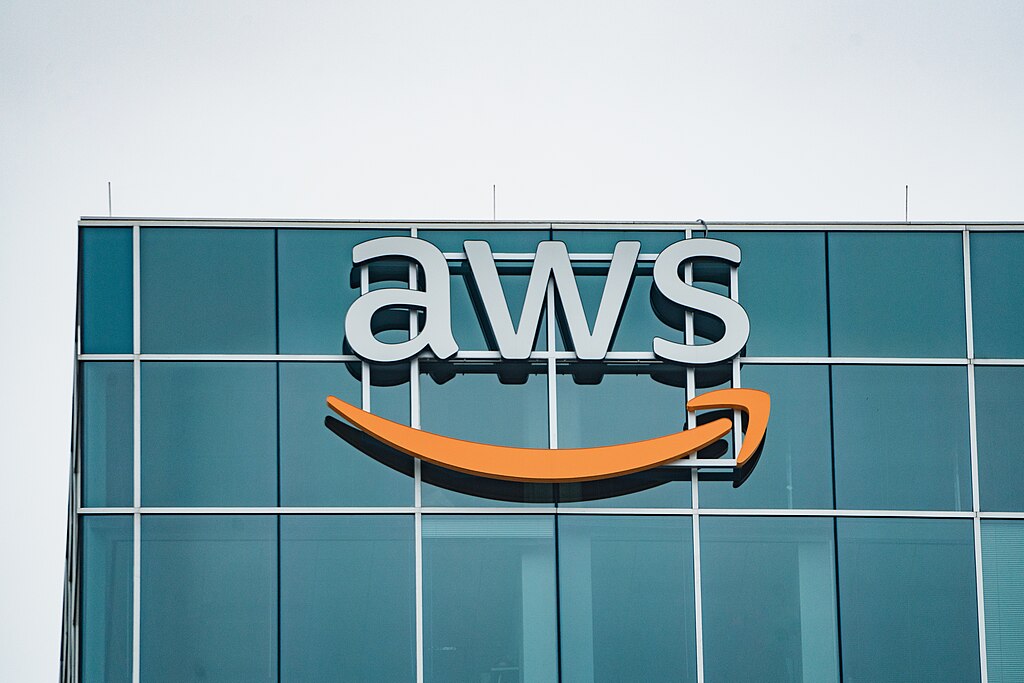The U.S. Department of Energy’s (DOE) Office of Science, the lead federal agency supporting fundamental research for energy production and security, has awarded a $1.05 million grant to four organizations to commercialize a blockchain-based transactive energy platform.
According to a press release dated August 09, energy company ComEd, the University of Denver, Virginia Tech and software specialist BEM Controls will work towards creating an “energy internet” with the objective of enhancing energy management of buildings and benefits to occupants.
The project will build upon BEM Controls’ existing DOE-funded project on a blockchain-based transactive energy platform. BEM Controls said that it selected blockchain to support its open architecture due to the technology’s recognized ability to ensure security for a broad range of transactions.
For the project, ComEd will use its Grid of the Future Lab to demonstrate the functionality of the system. The project will be developed over three years, the press release said.
“Energy management technology has the potential to make a very positive impact on the environments in which we live and work,” said Terry Donnelly, president and COO, ComEd. “ComEd’s Grid of the Future lab will play an important role in advancing the science in this field and support our efforts to deliver a premier customer experience.”
The Virginia Tech team is led by Prof. Saifur Rahman, founding director of the Virginia Tech Advanced Research Institute, IEEE fellow and president of the IEEE Power and Energy Society.
Dr. Amin Khodaei, Chairman of the Electrical and Computer Engineering Department at University of Denver, said
“The growing proliferation of distributed energy resources calls for advanced management frameworks that support peer-to-peer communications while being fast, scalable and secure. Now is the time to develop and demonstrate the technologies that can make a more sustainable and resilient future possible.”
Earlier in January, the DOE has announced up to $4.8 million in federal funding to support research and development (R&D) projects at universities, including those focused on emerging technologies such as blockchain.



























Comment 0